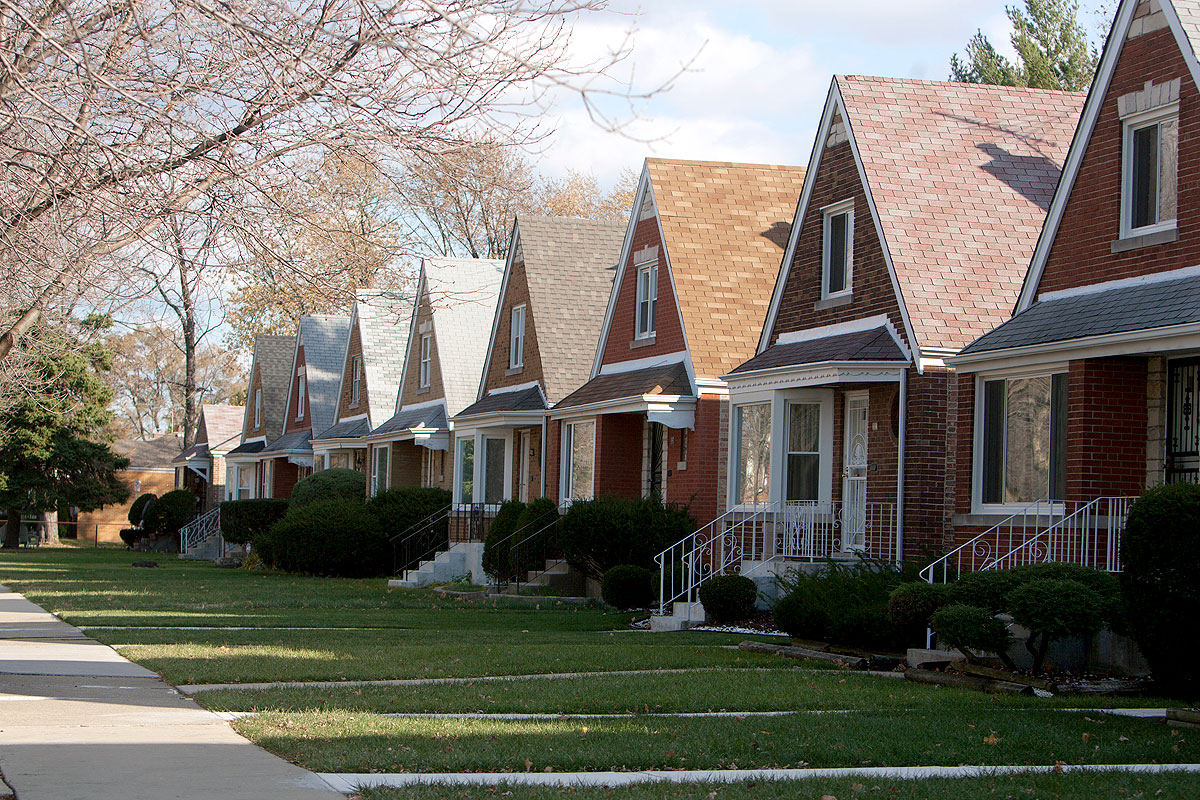Last week the state Senate started going through the various aspects of the grand bargain. The votes went smoothly until this.
Radogno urges Republicans to vote NO on 478 (property tax freeze) saying more work is needed. @dailyherald
— Kerry Lester (@kerrylester) May 17, 2017
The property-tax freeze actually got a majority of the votes in the Senate, 32-11, but it needed a 36-vote supermajority because it tells local governments what they can do with their taxes, otherwise known as overriding home-rule control.
There are three options on the table for the freeze: a two-year freeze, which the Democrats proposed; a four-year compromise; and a permanent freeze, which Gov. Rauner has been pushing for.
And it's a difficult decision. Sunsetting a major tax change is often a bad idea, as evidenced by the expiration of Illinois's 5-percent income tax. Revenues from the tax started to get the state on a firmer fiscal footing… and then they went away, undoing the actual progress it made. Plus, the expiration forced the legislature to repeat the always-difficult process of raising taxes, essentially an inevitability given the depth of the state's financial problems.
On the other hand, a property-tax freeze is not only unpopular with local governments, it's also a risk. As the Better Government Assocation's Tim Jones notes, a lot of municipalities have their own problems with pensions, in addition to all the other things that are funded with property-tax money. A property-tax freeze would tie their hands, requiring them to go to voters with referendums to increase taxes.
Then there's how the property-tax freeze fits into the broader picture of the reform of the state's finances. Illinois has a relatively low income tax, doesn't tax retirement income, and has a very narrow range of service taxes. But it has very high property taxes. If you want to make the state more stable by raising income taxes and reducing the impact elsewhere, property taxes are a sensible place to look; to quote Willie Sutton, that's where the money is.
It also forces municipalities to cut budgets and reduce government services to compensate. Some might argue that this is less damaging than cutting the state budget, which would hurt vital (and very much wanted) services. But it is shifting the burden.
It might be a needed shift. Many people, including myself, have been writing about how dependent the state is on property taxes and the problems that causes, among them dire inequalities in how schools are funded, because wealthy districts can thrive with relatively low taxes and poor districts are forced to have very high property taxes.
Freezing property taxes, and thus limiting municipalities' revenue, would require further legislation to help balance their books. The Civic Federation's budgetary analysis, for example, recommends increasing the cut of income tax that goes to local governments, plus implementing a retirement-income tax and more service sales taxes and giving a share of those to local governments as well. Civic Fed also recommends merging the Chicago Teachers' Pension Fund wth the rest of the state's pension fund. With these changes, the group estimates that local governments could get additional revenues that rise to $1.5 billion by 2022. They also recommend cutting down on the number and size of local governments—Illinois has by far the most in the country—in order to cut costs.
Mark Batnick, the Plainfield rep who has sponsored a tax-freeze bill, told WGN's Patti Vasquez that "there's a lot of things that need to be done to make a bill like this work best." His bill would increase state funding for schools, which would likely have bipartisan support, but as the University of Illinois-Springfield's William Phillips told Charles H. Wheeler III at NPR Illinois, the state's already in a hole with its schools:
While the additional dollars would be welcome, the state's stricken finances have forced schools to wait months for cash promised them in the current budget, as grant money for special education, transportation, and other programs languish in the massive bill backlog, pegged at [more than] $12 billion this week by the comptroller's office.
Elgin's school district has already said it wouldn't open in the absence of a budget.
Wheeler suggests, instead of a complex property-tax freeze, rolling back property taxes for schools while replacing that dollar-for-dollar (or more) from an income-tax increase. Something like this actually has precedent. Michigan swapped a property-tax rollback for increased sales taxes in 1994, and in the same year Wisconsin swapped a freeze on school property taxes alone (dropping them by $245 on the average house) in exchange for increased state spending.
But what's on the table in Illinois are the two-year, four-year, and unlimited freezes—and even the business-friendly Civic Committee of the Commercial Club of Chicago isn't pushing any of them.



